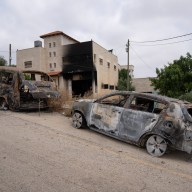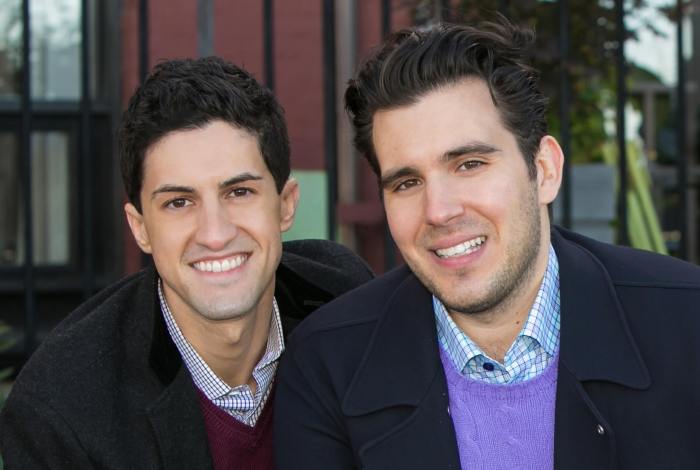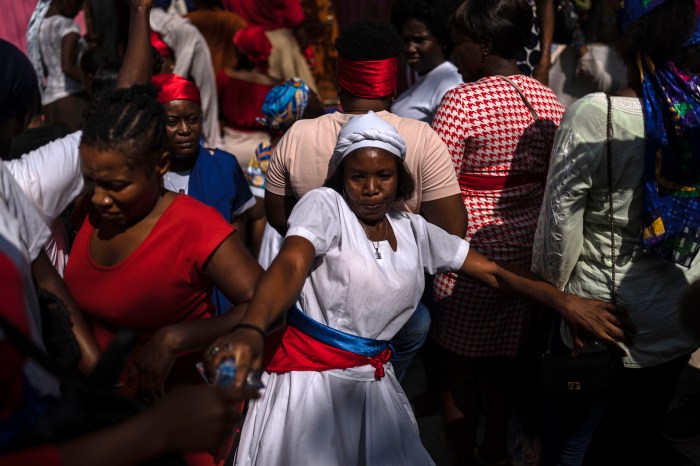When a humanitarian crisis happens, Canadian nurses are often on the front lines healing physical wounds and emotional scars.
In turn, many nurses who volunteer for humanitarian missions are often changed by their experiences just as much as the communities they help change.
Kaaren Neufeld, president of the Canadian Nurses Association, says nurses are trained to work in difficult situations.
“Nurses possess a unique ability to deal calmly and decisively with traumatic, life and death situations while never becoming immune to the reality of human suffering, even as they are faced with it every day,” she said.
Edmonton native Kim Sykes, 24, is an RN who joined a humanitarian mission to Haiti after January’s major earthquake. Her team stayed at an orphanage in Port-au-Prince and provided daily relief missions to the outlying areas surrounding the capital city.
She says the decision to head down was made quickly and the devastation when she arrived was unlike anything she’d ever seen before.
“We didn’t know where we were going to stay or what organization we would be with, we just went. It was pretty terrible — everything was just rubble and dust,” Sykes said.
Her mission travelled to new locations every day, always leaving before dark for safety concerns, often giving patients a month’s worth of medication with hope patients could find another health provider when the dose ran out.
Speaking to Metro just hours before boarding another flight for a second tour in Haiti, Sykes said despite the challenges both logistical and emotional, her mission to Haiti proved to her humanitarian relief efforts are valuable.
“This whole experience has taught me you really have to seek these things out to make a change in the world,” Sykes said.
Tobin Brown, 49, works in Oshawa and is one of only 18 AIDS Certified Registered Nurses in Canada. She went on a humanitarian mission to Zimbabwe in 2005 where her team slept in grass-roofed huts and administered primary care in a city where 30 per cent of the total population and 75 per cent of people in local hospitals had AIDS.
Brown says her work in Zimbabwe taught her anyone who can give back, should.
“Missions aren’t always only about medical need. A healthy person can hammer a nail or carry building materials. Everything helps — it doesn’t matter whether you do a little or a lot. This work is rewarding in ways you can’t even predict,” Brown said.
















